Best And Worst Foods For Your Gut Microbiome
Ever found yourself battling persistent brain fog, inexplicable fatigue, or a daily dance with digestive discomfort? The silent conductor of these experiences might just be your gut. Far from a mere digestive tract, your gut is a vibrant, intricate ecosystem, teeming with trillions of microbes that profoundly influence everything from your mood and immunity to your energy levels and mental sharpness. When this delicate inner universe is balanced, you feel robust, clear, and resilient. But an imbalance can unleash a cascade of health issues. To empower you to take control, we've dramatically expanded our essential guide, now revealing 34 crucial factors – from surprising superfoods to often-overlooked daily habits – that actively heal or harm your gut. Get ready to embark on a transformative journey, mastering the key players in your body's most influential inner landscape and reclaiming your vitality.
1. Probiotics – The Beneficial Bacteria
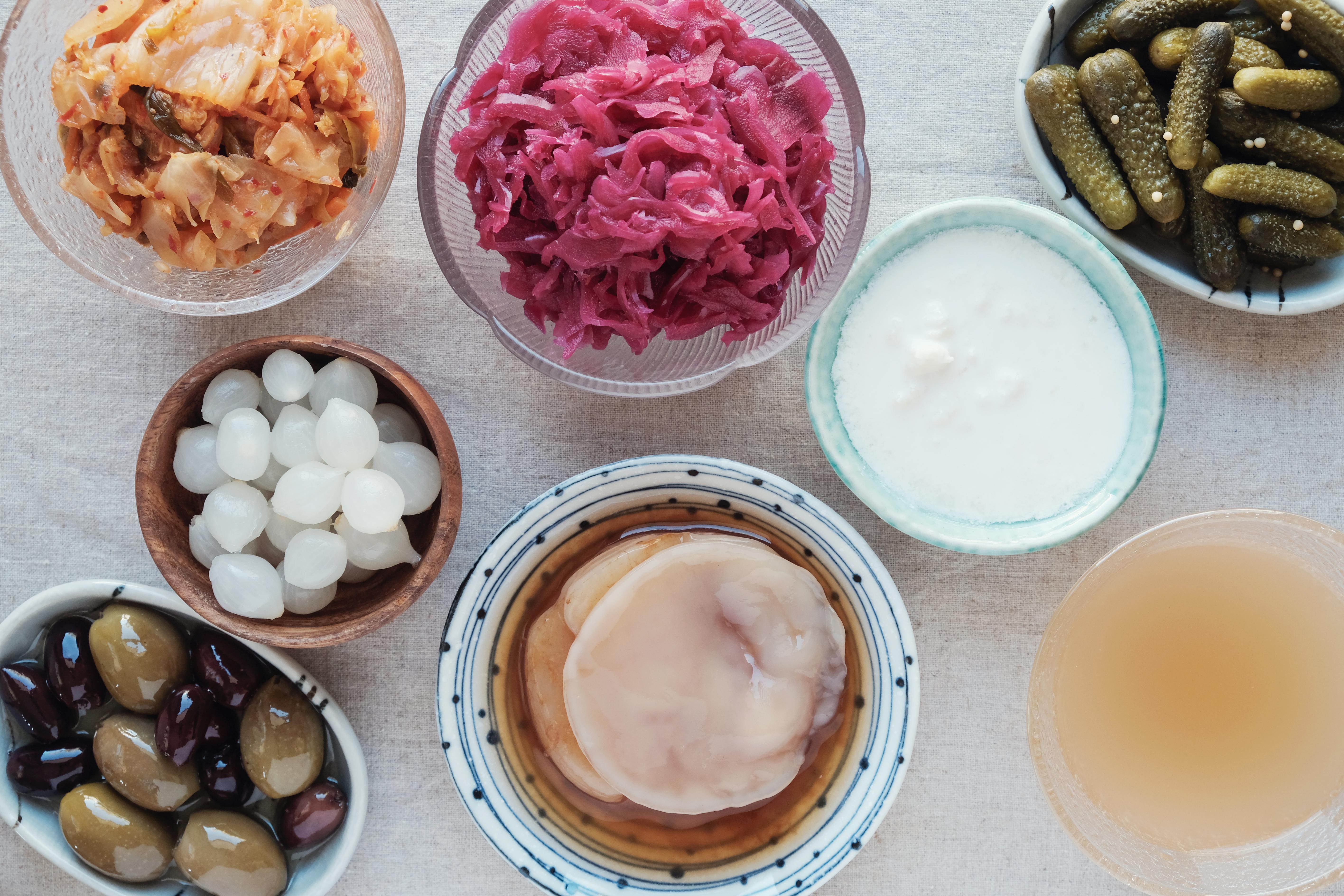
Probiotics are live microorganisms that offer numerous health benefits when consumed in adequate amounts. These beneficial bacteria are naturally found in fermented foods like yogurt, kefir, sauerkraut, and kimchi. Probiotics help maintain a healthy balance of gut bacteria by competing with harmful bacteria for resources and space. They play a critical role in digestion, breaking down food substances that the human body cannot digest on its own. Moreover, probiotics have been shown to boost the immune system, reduce inflammation, and even improve mental health by influencing the gut-brain axis. Regular consumption of probiotic-rich foods or supplements can significantly enhance gut health.
2. Prebiotics – Nourishing the Good Bacteria
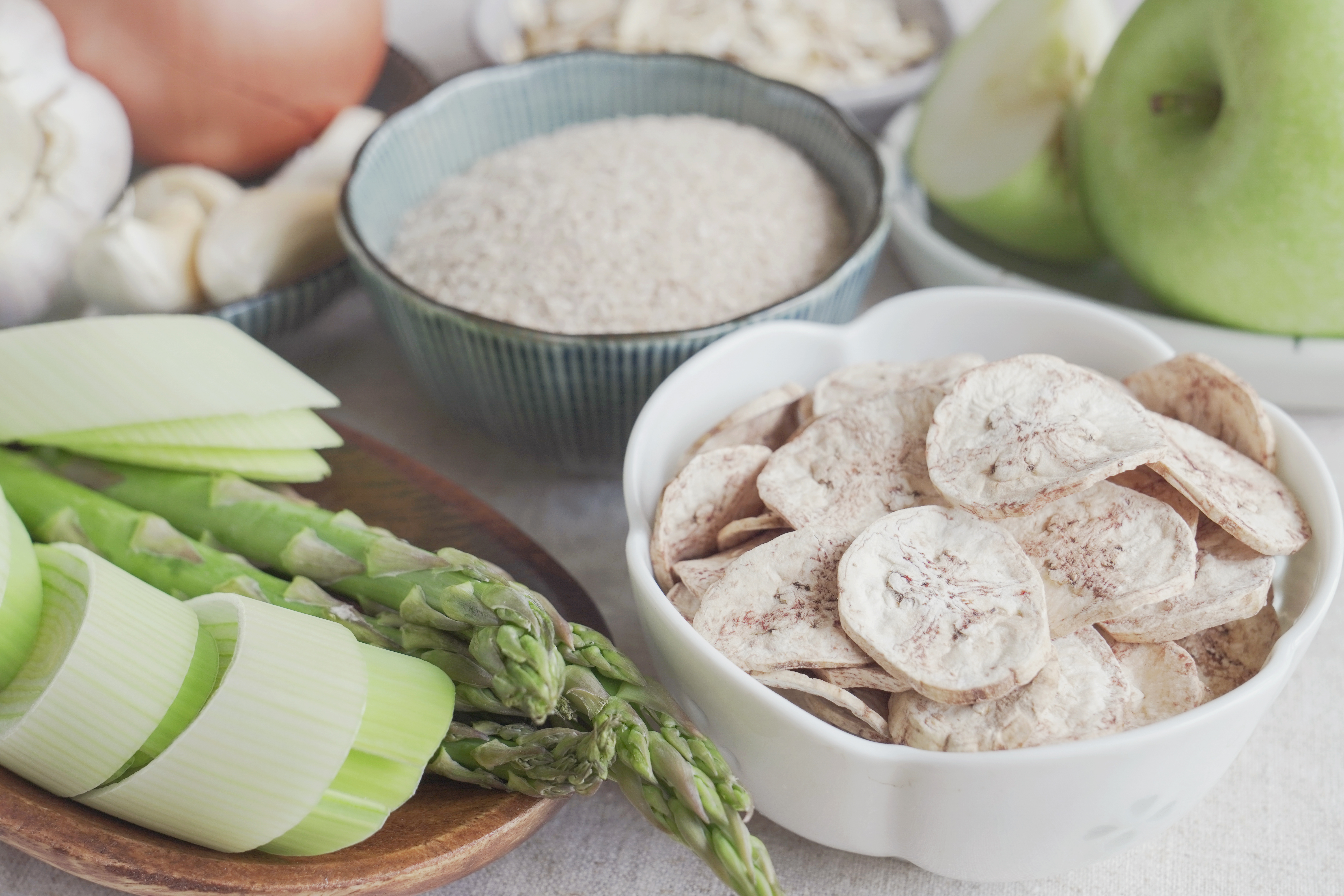
Prebiotics are non-digestible fibers that serve as food for beneficial gut bacteria. Unlike probiotics, which introduce new bacteria into the gut, prebiotics help nourish and stimulate the growth of existing beneficial bacteria. Foods rich in prebiotics include garlic, onions, bananas, asparagus, and whole grains. By promoting the growth of beneficial bacteria, prebiotics help maintain a balanced gut microbiome, which is essential for optimal digestion and immune function. Additionally, prebiotics have been linked to improved calcium absorption, reduced risk of cardiovascular disease, and better blood sugar control. Incorporating prebiotic-rich foods into your diet can support a healthy gut environment.
3. Fiber – The Gut's Best Friend
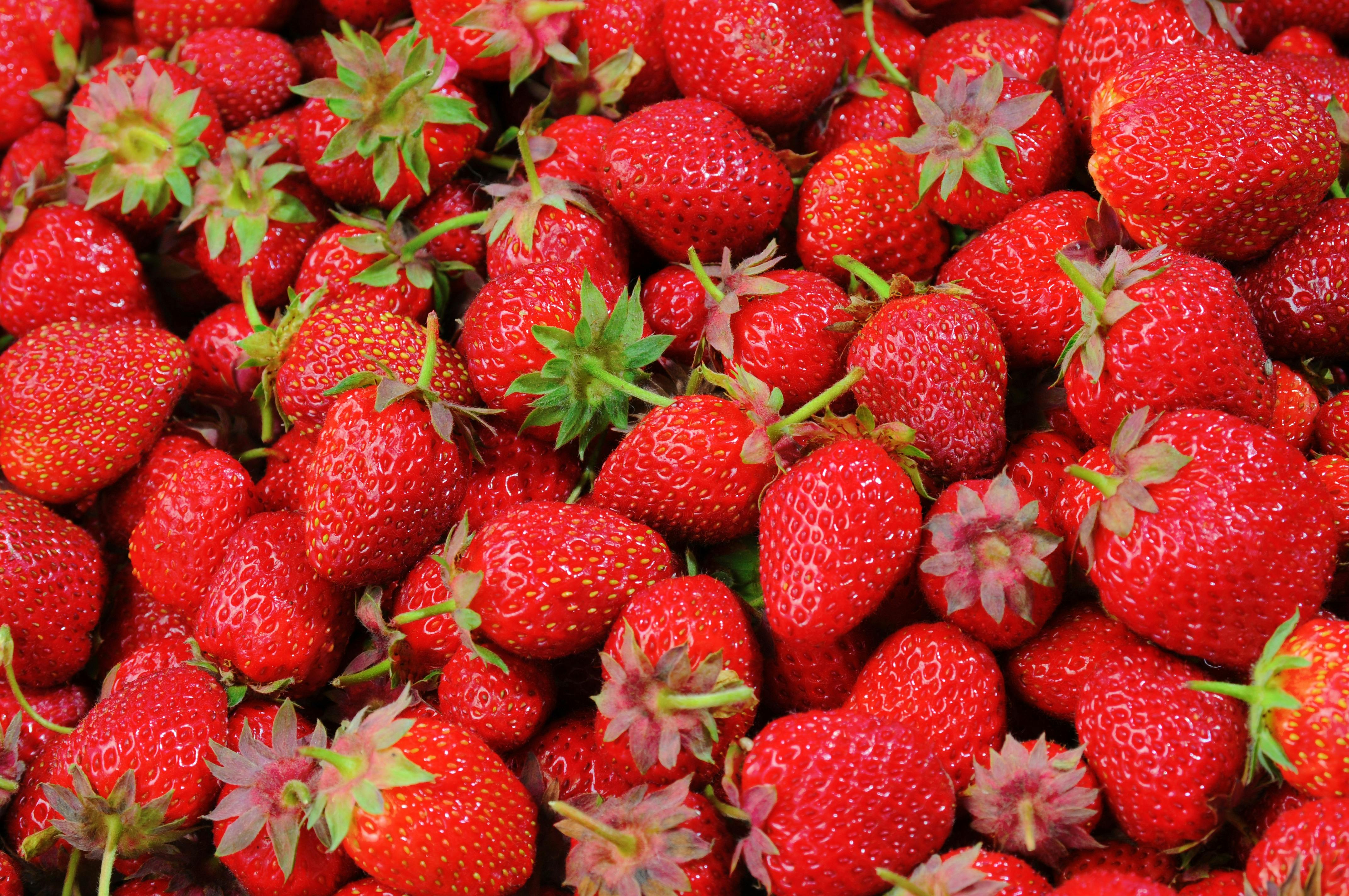
Dietary fiber, found in fruits, vegetables, whole grains, and legumes, is essential for maintaining gut health. Fiber acts as a natural cleanser for the digestive tract, promoting regular bowel movements and preventing constipation. There are two types of fiber: soluble and insoluble. Soluble fiber dissolves in water to form a gel-like substance, which can help lower blood cholesterol and glucose levels. Insoluble fiber adds bulk to stool, aiding in its passage through the digestive system. A diet high in fiber supports the growth of beneficial gut bacteria, reduces inflammation, and lowers the risk of developing various chronic diseases.
4. Fermented Foods – A Natural Probiotic Source
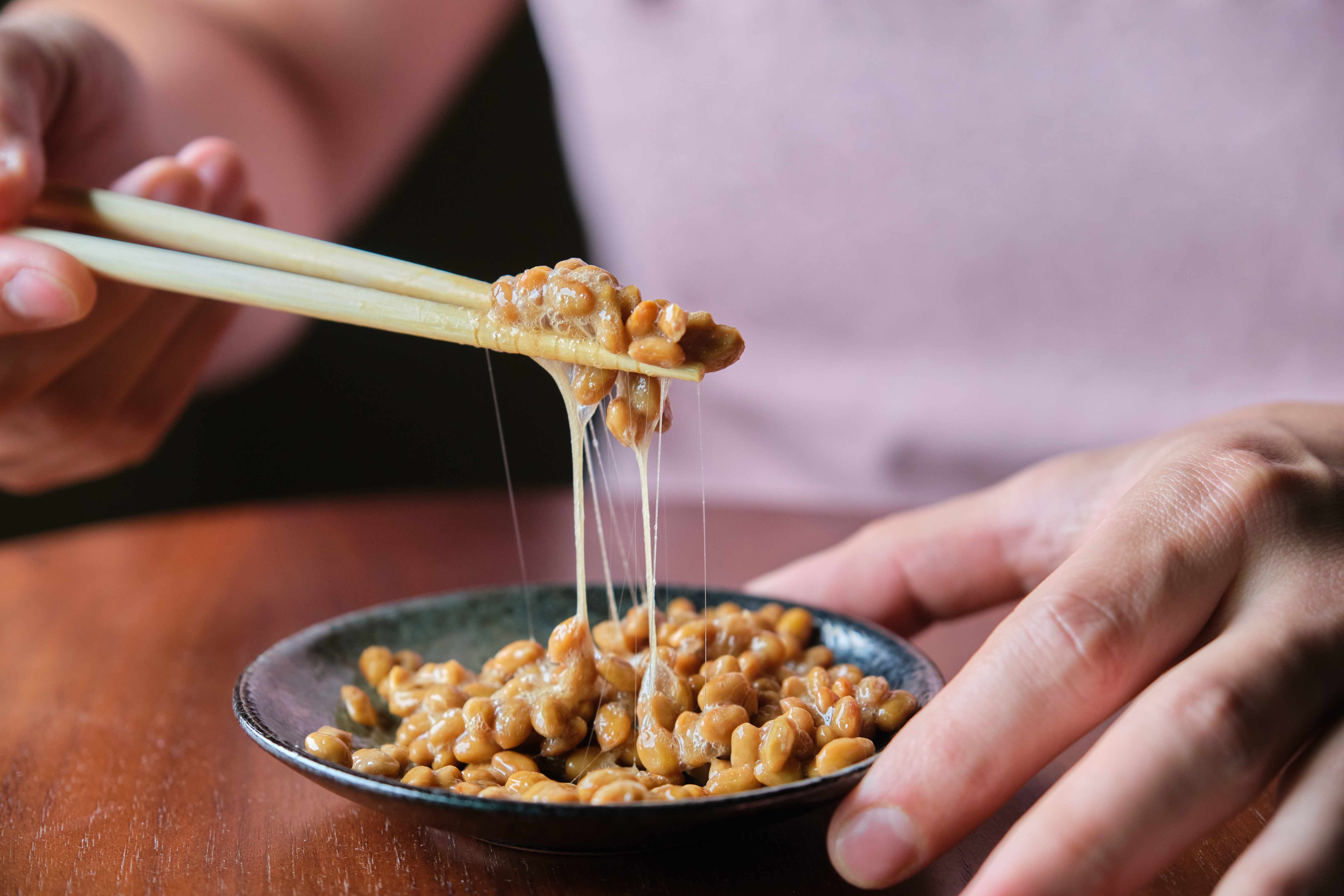
Fermented foods are rich in probiotics and have been consumed for centuries for their health benefits. The fermentation process involves the breakdown of sugars by bacteria and yeast, resulting in the production of beneficial microorganisms. Common fermented foods include yogurt, kefir, sauerkraut, kimchi, miso, and tempeh. These foods not only introduce beneficial bacteria into the gut but also enhance the bioavailability of nutrients, making them easier for the body to absorb. Regular consumption of fermented foods can improve digestion, boost the immune system, and even enhance mental health by influencing the gut-brain axis.
5. Polyphenols – Antioxidants for Gut Health

Polyphenols are naturally occurring compounds found in fruits, vegetables, tea, coffee, and wine. These powerful antioxidants have been shown to support gut health by promoting the growth of beneficial bacteria and inhibiting the growth of harmful bacteria. Polyphenols are metabolized by gut bacteria, resulting in the production of beneficial metabolites that have anti-inflammatory and immune-boosting properties. Regular consumption of polyphenol-rich foods can improve gut barrier function, reduce inflammation, and lower the risk of chronic diseases such as cardiovascular disease and cancer. Incorporating a variety of colorful fruits and vegetables into your diet can provide a rich source of polyphenols.
6. Omega-3 Fatty Acids – Anti-inflammatory Allies

Omega-3 fatty acids, found in fatty fish, flaxseeds, chia seeds, and walnuts, are essential fats that play a crucial role in reducing inflammation throughout the body. These healthy fats have been shown to support gut health by promoting the growth of beneficial bacteria and reducing the risk of inflammatory bowel diseases such as Crohn's disease and ulcerative colitis. Omega-3 fatty acids also help strengthen the gut barrier, preventing harmful substances from entering the bloodstream. Incorporating omega-3-rich foods into your diet can support a healthy gut microbiome and reduce the risk of chronic inflammation-related diseases.
7. Sugar – A Gut Health Villain
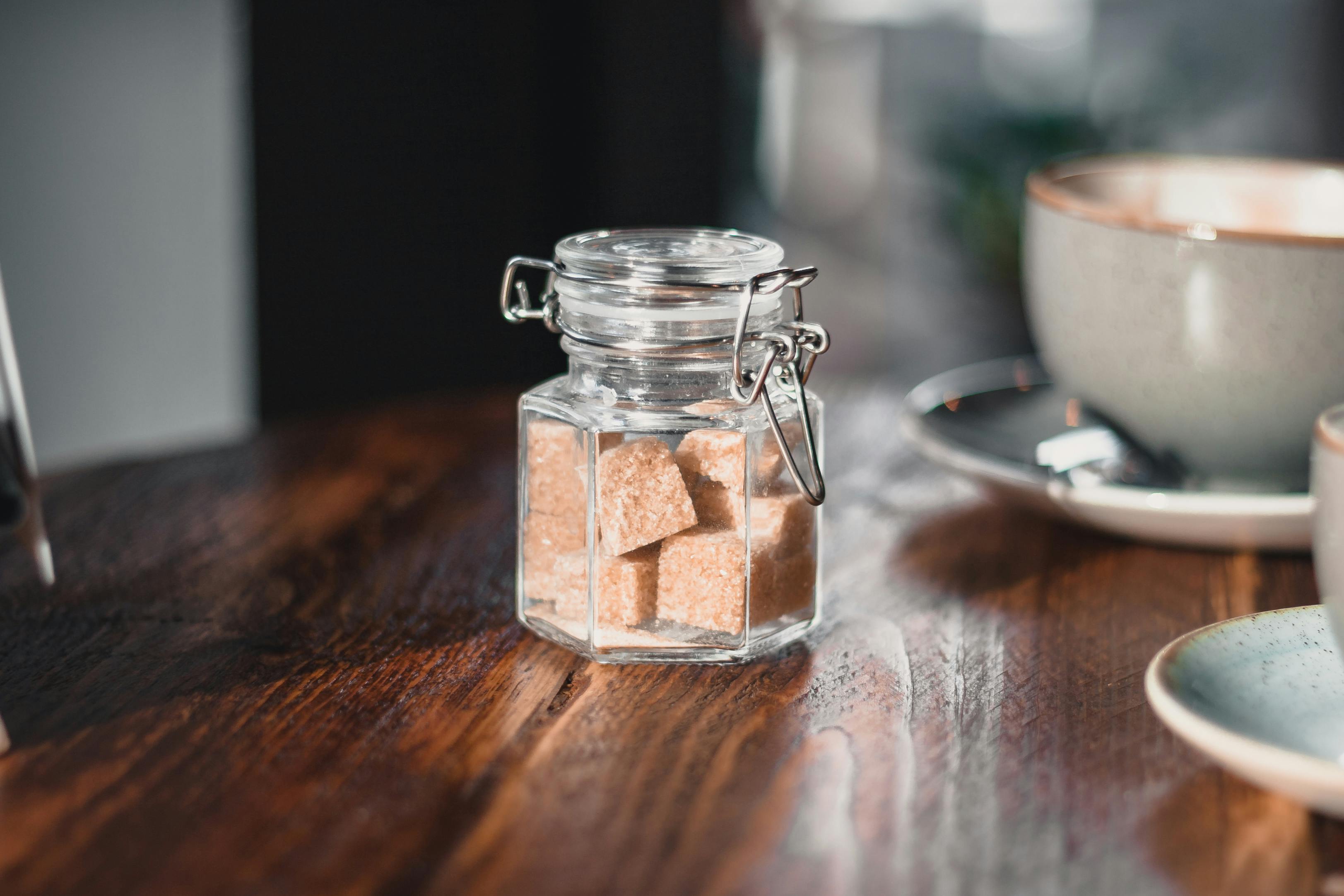
Excessive sugar consumption can have detrimental effects on gut health. High sugar intake promotes the growth of harmful bacteria and yeast, leading to an imbalance in the gut microbiome. This imbalance, known as dysbiosis, can result in digestive issues, weakened immunity, and increased inflammation. Additionally, sugar can contribute to the development of leaky gut syndrome, a condition in which the intestinal barrier becomes permeable, allowing harmful substances to enter the bloodstream. Reducing sugar intake and opting for natural sweeteners like honey or maple syrup can help maintain a healthy gut environment.
8. Artificial Sweeteners – Hidden Dangers
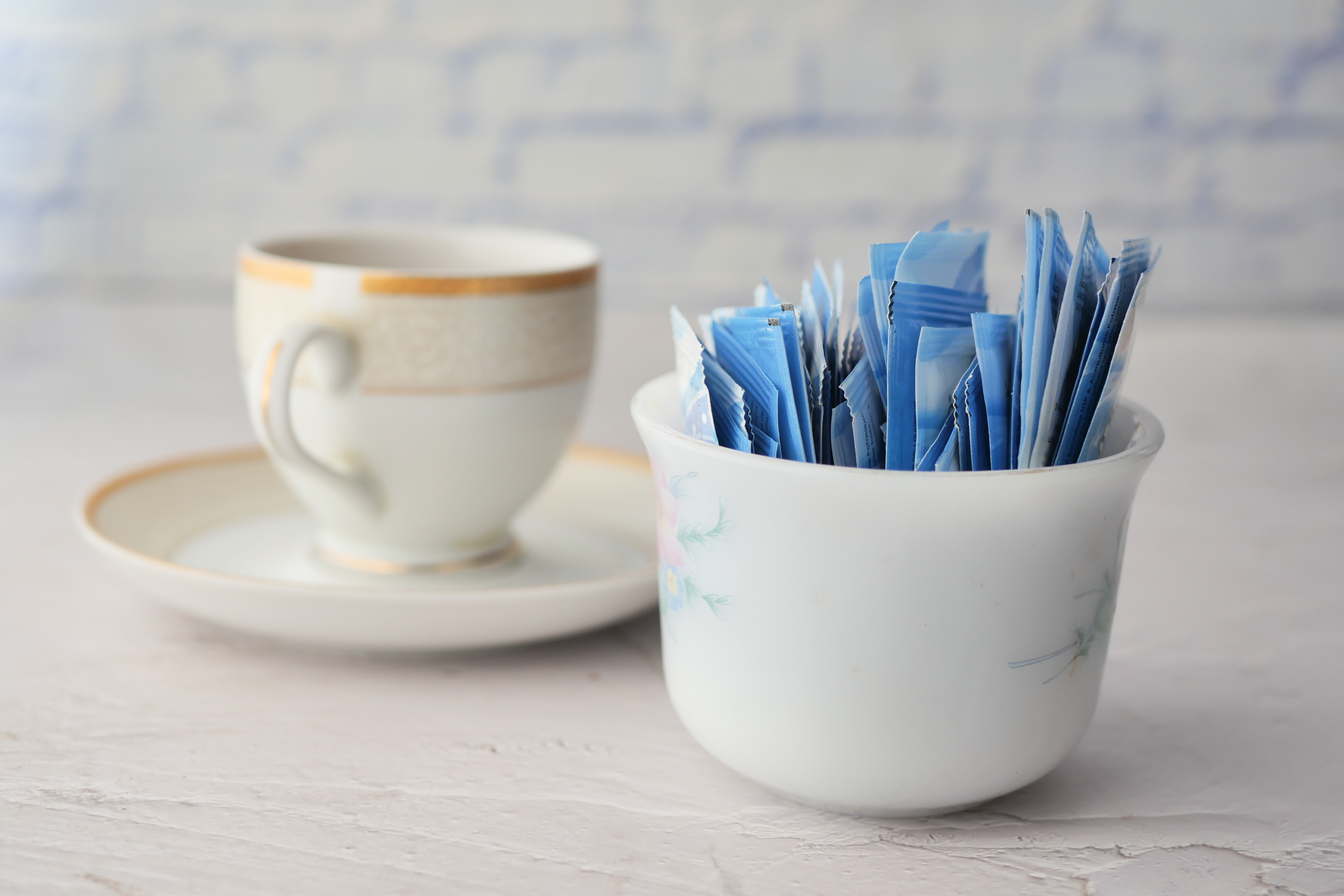
Artificial sweeteners, often used as sugar substitutes, can negatively impact gut health. Common artificial sweeteners include aspartame, sucralose, and saccharin. These sugar substitutes have been shown to alter the composition of the gut microbiome, promoting the growth of harmful bacteria and reducing the diversity of beneficial bacteria. This imbalance can lead to digestive issues, metabolic disorders, and increased inflammation. Additionally, artificial sweeteners have been linked to glucose intolerance and weight gain. Opting for natural sweeteners or reducing overall sweetener consumption can help support a healthy gut microbiome.
9. Antibiotics – Necessary but Disruptive

Antibiotics are powerful medications used to treat bacterial infections, but they can also disrupt the delicate balance of the gut microbiome. While antibiotics effectively kill harmful bacteria, they also eliminate beneficial bacteria, leading to dysbiosis. This imbalance can result in digestive issues, weakened immunity, and increased susceptibility to infections. To minimize the impact of antibiotics on gut health, it is essential to use them only when necessary and to follow a healthcare professional's guidance. Additionally, consuming probiotics during and after antibiotic treatment can help restore the balance of beneficial bacteria in the gut.
10. Stress – The Silent Gut Disruptor

Chronic stress can have a profound impact on gut health. The gut-brain axis, a bidirectional communication pathway between the gut and the brain, plays a crucial role in how stress affects the gut. Stress can alter the composition of the gut microbiome, reduce gut motility, and increase gut permeability, leading to digestive issues and inflammation. Moreover, stress can exacerbate symptoms of irritable bowel syndrome (IBS) and inflammatory bowel diseases (IBD). Incorporating stress-reducing practices such as mindfulness, meditation, and regular exercise can help support a healthy gut and improve overall well-being.
11. Processed Foods – Gut Health Saboteurs

Processed foods, often high in unhealthy fats, sugars, and additives, can negatively impact gut health. These foods can promote the growth of harmful bacteria and reduce the diversity of beneficial bacteria in the gut microbiome. Additionally, processed foods often lack essential nutrients and fiber, which are crucial for maintaining a healthy gut environment. Regular consumption of processed foods can lead to digestive issues, inflammation, and an increased risk of chronic diseases. Opting for whole, unprocessed foods and cooking meals at home can help support a healthy gut microbiome and improve overall health.
12. Alcohol – A Double-Edged Sword

Moderate alcohol consumption has been associated with some health benefits, but excessive alcohol intake can have detrimental effects on gut health. Alcohol can disrupt the balance of the gut microbiome, increase gut permeability, and promote inflammation. This can lead to digestive issues, liver damage, and an increased risk of chronic diseases. To support gut health, it is essential to consume alcohol in moderation and to choose gut-friendly options such as red wine, which contains polyphenols that may have protective effects on the gut. Balancing alcohol consumption with a healthy diet and lifestyle can help maintain gut health.
13. Gluten – A Controversial Component
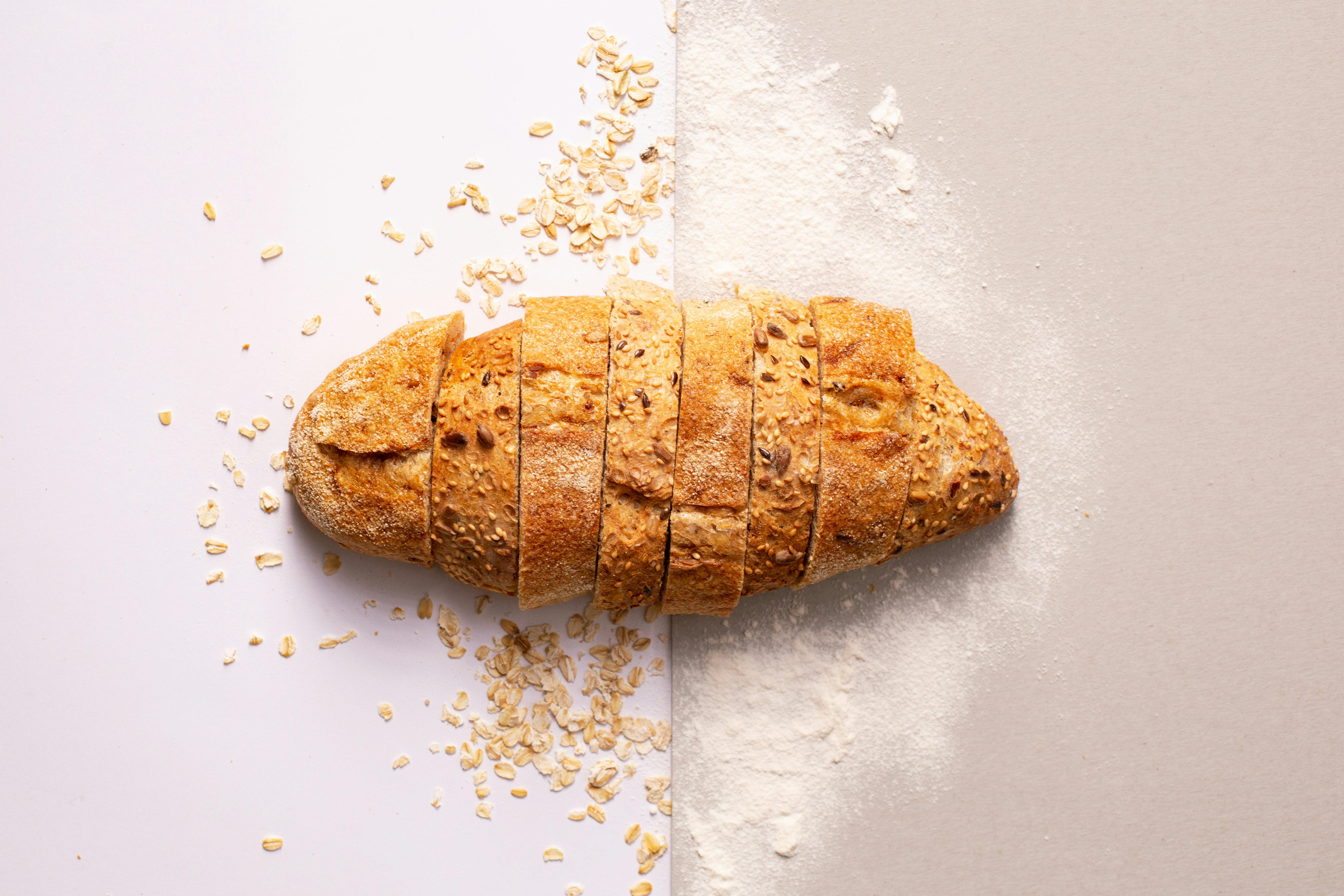
Gluten, a protein found in wheat, barley, and rye, has become a controversial topic in gut health discussions. For individuals with celiac disease, gluten triggers an immune response that damages the small intestine, leading to digestive issues and nutrient malabsorption. However, some people without celiac disease may also experience gluten sensitivity, resulting in symptoms such as bloating, diarrhea, and fatigue. While gluten is not inherently harmful to everyone, individuals with gluten-related disorders should avoid it to maintain gut health. For others, consuming gluten in moderation as part of a balanced diet may not pose any issues.
14. Dairy – Friend or Foe?

Dairy products can have varying effects on gut health, depending on individual tolerance. For those who are lactose intolerant, consuming dairy can lead to digestive issues such as bloating, gas, and diarrhea. However, fermented dairy products like yogurt and kefir contain beneficial probiotics that can support gut health. Additionally, some individuals with lactose intolerance may tolerate aged cheeses and lactose-free dairy products. It is essential to listen to your body and choose dairy options that work for you. For those who can tolerate dairy, it can be a valuable source of nutrients and probiotics.
15. Sleep – The Gut's Nightly Reset

Sleep is often overlooked when discussing gut health, but it plays a crucial role. Disruptions to your sleep cycle can negatively impact the gut microbiome. Lack of sleep can increase inflammation in the gut and alter the balance of beneficial and harmful bacteria. Conversely, a healthy gut can contribute to better sleep quality. Prioritizing consistent sleep patterns and aiming for 7-9 hours of quality sleep each night can support a thriving gut microbiome and contribute to overall well-being.
16. Exercise – Moving for a Healthier Gut

Regular physical activity has benefits that extend beyond cardiovascular health and weight management; it also positively influences the gut. Exercise can increase the diversity of the gut microbiome, which is associated with better gut health. It can also help reduce inflammation in the gut and improve gut motility, aiding in digestion. Even moderate exercise, such as brisk walking, can contribute to a healthier gut environment. Aim for a combination of aerobic and strength training exercises for optimal gut benefits.
17. Mindful Eating – A Gut-Friendly Approach

How you eat is just as important as what you eat. Mindful eating, which involves paying attention to your food and eating slowly without distractions, can significantly benefit gut health. Eating slowly allows your body to properly digest food, reducing digestive discomfort. It also helps you become more aware of hunger and fullness cues, preventing overeating. Creating a calm and relaxed eating environment can further support healthy digestion and a balanced gut microbiome.
18. Stress Management – Calming the Gut-Brain Axis

Chronic stress has a profound impact on gut health through the gut-brain axis. When stressed, your body releases hormones that can disrupt the gut microbiome, increase gut permeability, and slow down digestion. Effective stress management techniques, such as meditation, yoga, or spending time in nature, are crucial for maintaining a healthy gut. Addressing the root causes of stress and incorporating relaxation practices into your daily routine can significantly benefit your gut and overall well-being.
19. Medications – A Gut Microbiome Disruptor

Beyond antibiotics, many other medications can influence the gut microbiome. Nonsteroidal anti-inflammatory drugs (NSAIDs), proton pump inhibitors (PPIs), and certain antidepressants can alter the composition and function of gut bacteria. Long-term use of these medications can lead to dysbiosis and increase the risk of digestive issues. It's important to discuss the potential gut health effects of any medications you're taking with your doctor and explore alternatives if possible.
20. Environmental Toxins – Hidden Gut Villains

Exposure to environmental toxins can also negatively impact gut health. Pesticides, pollutants, and heavy metals can disrupt the gut microbiome and increase gut permeability. Reducing exposure to these toxins by choosing organic foods, filtering your water, and minimizing contact with pollutants is important. Supporting your body's natural detoxification processes through a healthy diet and lifestyle can further help protect your gut from environmental damage.
21. Artificial Emulsifiers – Food Additives to Watch Out For

Artificial emulsifiers, commonly found in processed foods, can disrupt the gut lining and promote inflammation. These additives, such as polysorbate 80 and carboxymethylcellulose, can alter the gut microbiome and increase the risk of inflammatory bowel diseases. Reading food labels carefully and choosing minimally processed foods can help you avoid these harmful emulsifiers and protect your gut health.
22. Circadian Rhythm – The Gut's Internal Clock

Emerging research highlights the connection between your circadian rhythm (your body's internal clock) and gut health. Disruptions to your circadian rhythm, such as shift work or frequent jet lag, can negatively affect the gut microbiome. Maintaining a regular sleep-wake cycle and aligning your eating patterns with your circadian rhythm can support a healthy gut.
23. Polyphenol Diversity – A Spectrum of Gut Benefits

Polyphenols are a diverse group of plant compounds, and consuming a variety of them is key for optimal gut health. Different polyphenols, found in colorful fruits, vegetables, spices, and beverages like green tea and red wine, have unique effects on the gut microbiome. They can promote the growth of beneficial bacteria, inhibit harmful bacteria, and reduce inflammation. Eating a rainbow of plant-based foods ensures you're getting a wide range of these beneficial compounds.
24. Gut Microbiome Testing – A Personalized Approach

Gut microbiome testing is becoming increasingly popular as a way to gain personalized insights into your gut health. These tests analyze the composition of your gut bacteria and can identify imbalances or deficiencies. While the interpretation of results requires careful consideration and consultation with a healthcare professional, gut microbiome testing can provide valuable information to guide dietary and lifestyle interventions for improved gut health.
25. Collagen & Gelatin – Gut Lining Superheroes
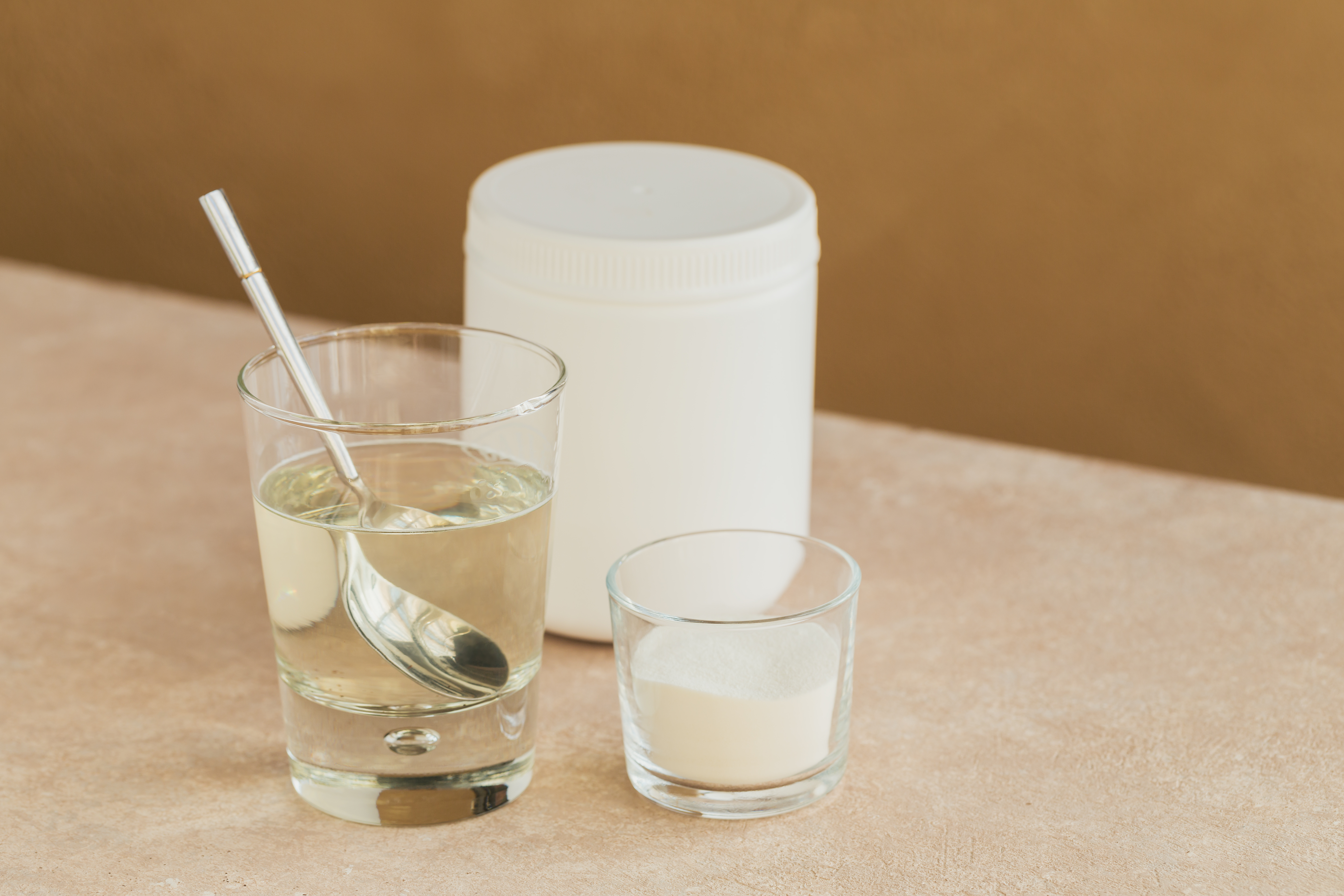
Often overlooked, collagen and gelatin are powerhouse proteins crucial for gut integrity. Found abundantly in bone broth (already on your list!) and certain supplements, they provide vital amino acids like glycine and glutamine, which are building blocks for the gut lining. A strong, intact gut barrier prevents "leaky gut," where unwanted particles pass into the bloodstream. By fortifying this crucial barrier, collagen and gelatin help reduce inflammation, support overall digestive comfort, and ensure your gut is a strong, healthy gatekeeper for your entire system.
26. Bitter Foods – Stimulators of Digestive Juices
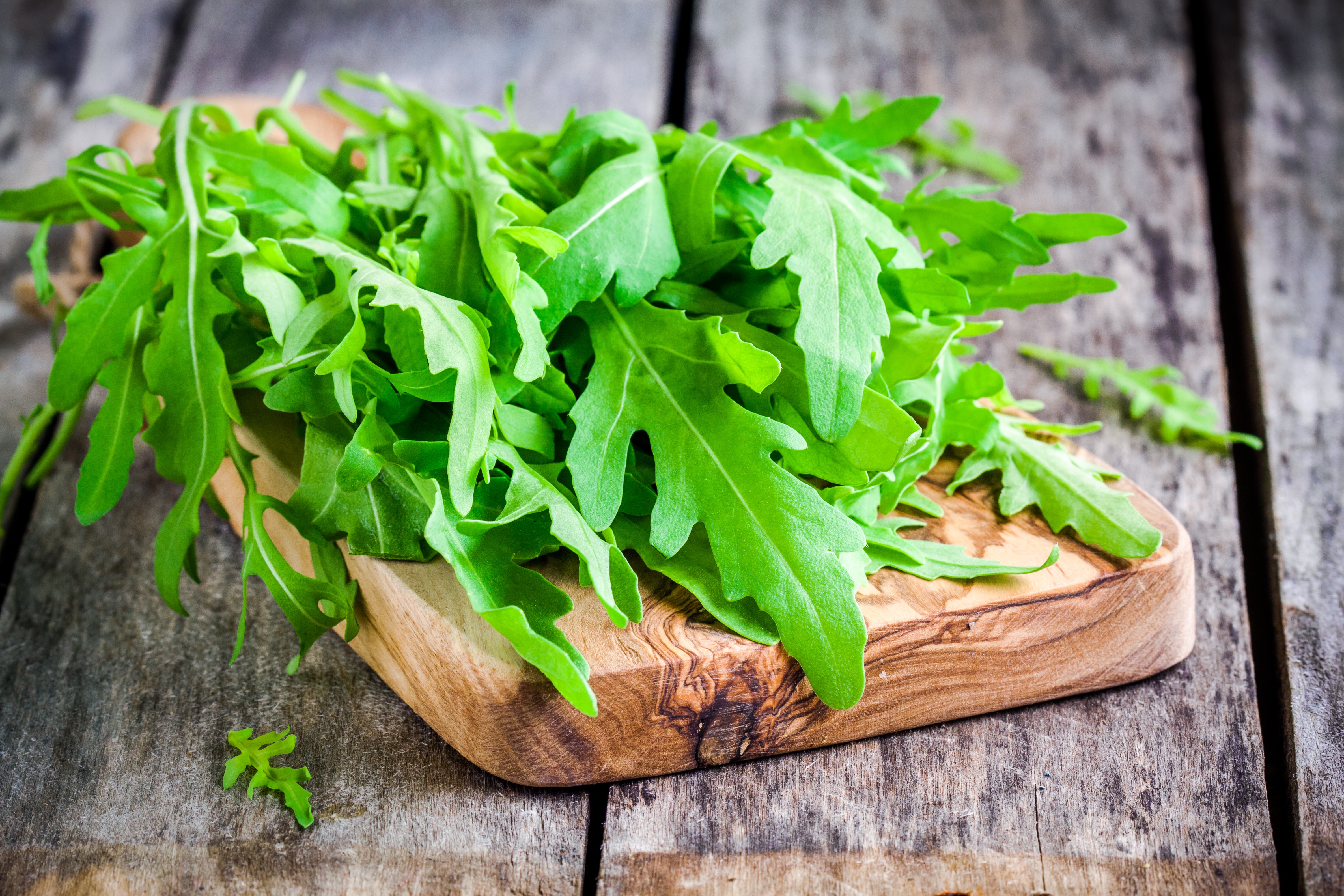
Beyond specific compounds, the taste of bitterness itself can be incredibly beneficial for gut health. Bitter foods like arugula, radicchio, dandelion greens (already on your list, but reiterating the bitter aspect), and even coffee (in moderation) stimulate digestive enzymes and bile production in your liver and gallbladder. This enhanced digestive process ensures food is broken down more efficiently, reducing fermentation in the upper gut that can lead to gas and bloating. Incorporating bitter elements before or during meals can be a simple, yet powerful, digestive prime.
27. Resistant Starch – The Prebiotic Gut Fuel
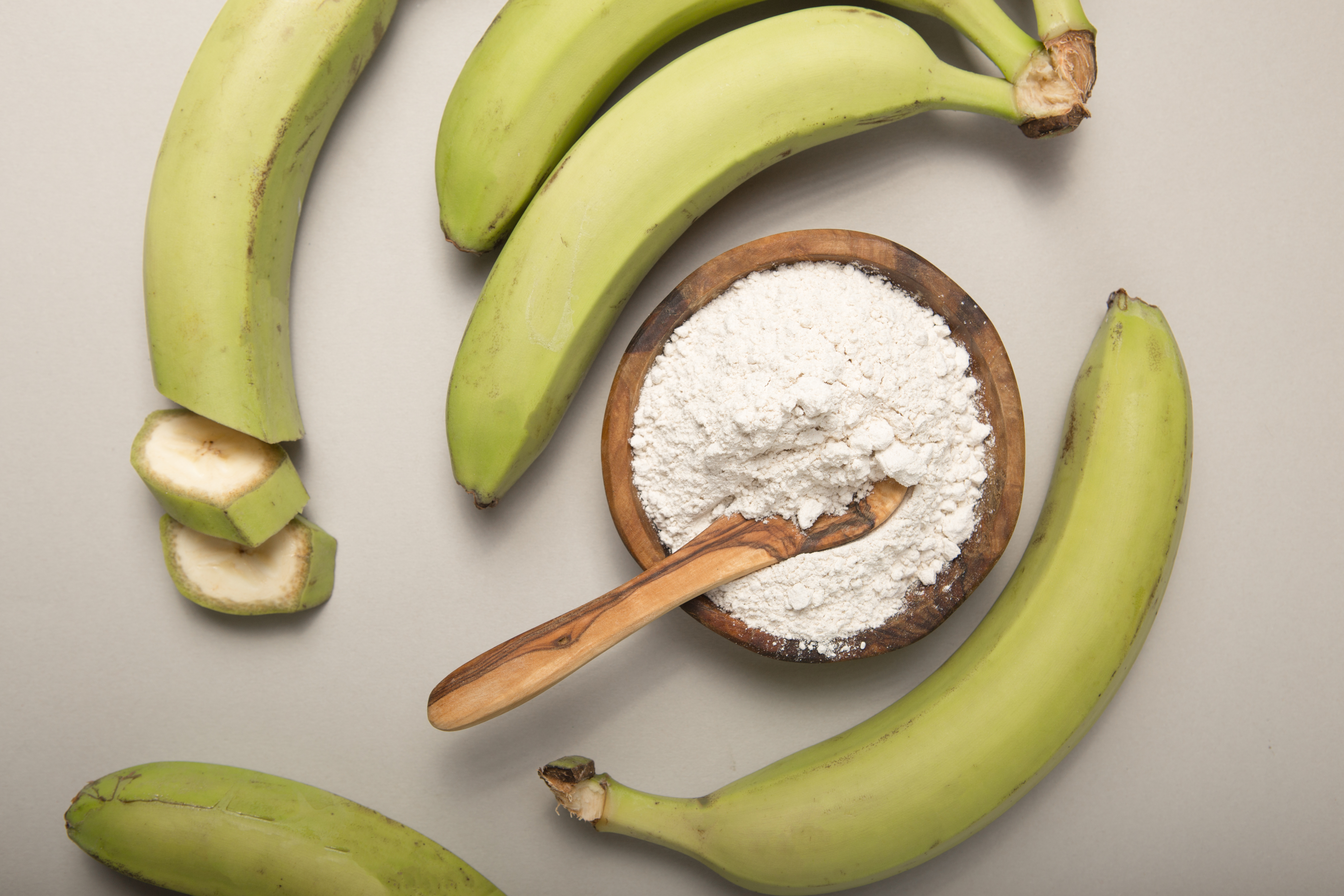
This unique type of carbohydrate isn't digested in your small intestine but instead travels to your colon, where it acts as a powerful prebiotic, feeding your beneficial gut bacteria. Sources include cooked and cooled potatoes, rice, pasta, green bananas, and legumes. When gut bacteria ferment resistant starch, they produce short-chain fatty acids like butyrate, which is the primary fuel source for your colon cells and crucial for gut barrier health. Incorporating resistant starch helps cultivate a diverse and thriving microbiome.
28. Intermittent Fasting – Giving Your Gut a Break

It's not just about what you eat, but when you eat. Intermittent fasting (IF) involves cycling between periods of eating and voluntary fasting. Giving your digestive system regular breaks, typically 12-16 hours overnight, allows your gut to focus on repair and maintenance rather than constant digestion. This can optimize gut motility, reduce inflammation, and potentially increase microbial diversity. IF may also activate autophagy, a cellular clean-up process, further supporting gut health by removing damaged cells and promoting gut lining regeneration.
29. Hydrochloric Acid (Stomach Acid) – The First Line of Defense

Often misunderstood, adequate stomach acid is your gut's crucial first line of defense. It's essential for breaking down food, particularly proteins, and for killing harmful bacteria and pathogens before they reach the delicate lower gut. Low stomach acid can lead to undigested food fermenting, causing bloating, gas, and an environment where bad bacteria can thrive. Supporting healthy stomach acid levels, perhaps with apple cider vinegar or digestive bitters before meals, is a fundamental yet often overlooked aspect of gut health.
30. Trace Minerals (e.g., Zinc, Selenium) – Microbial Support Crew
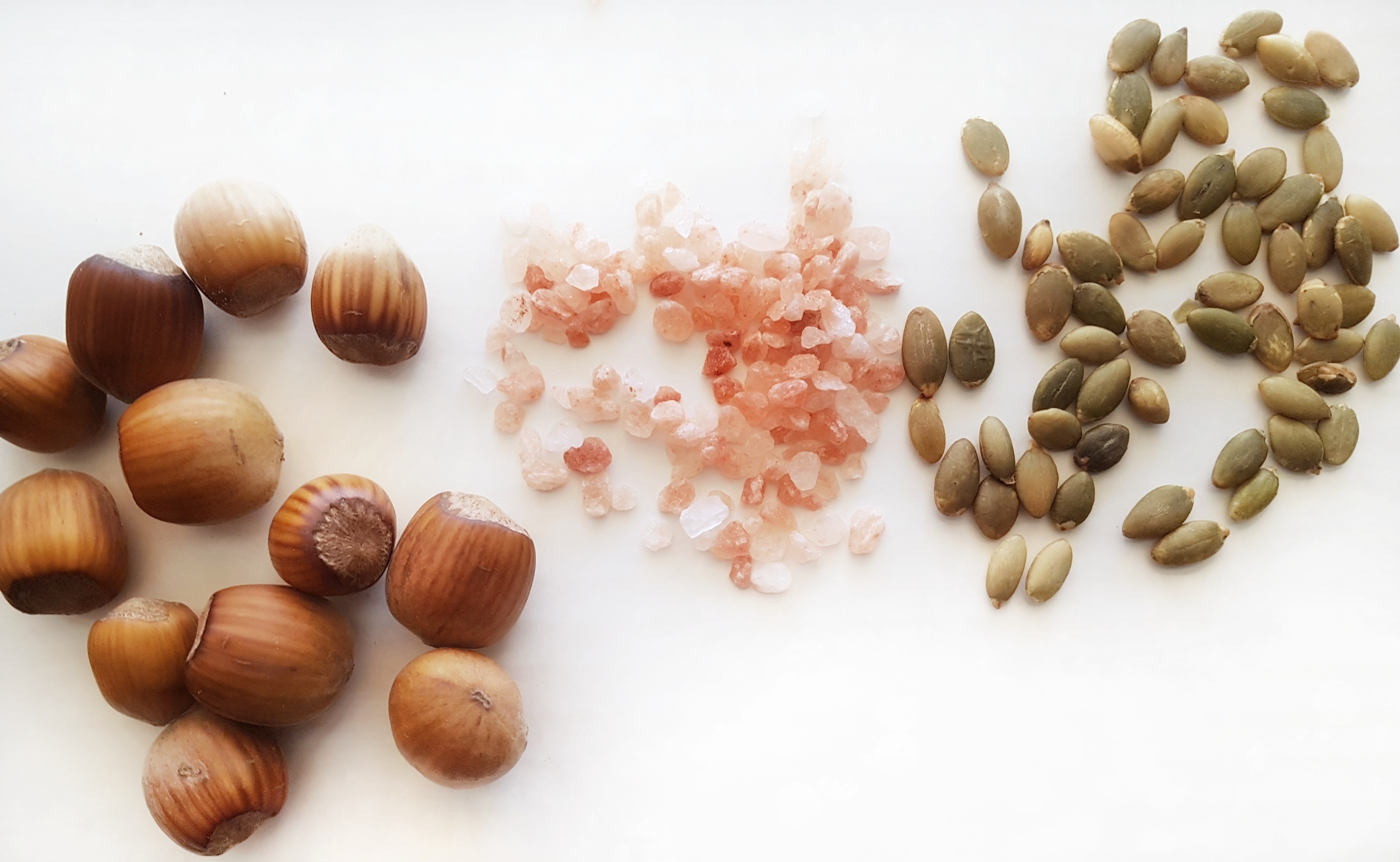
While fiber and probiotics get the spotlight, trace minerals are unsung heroes for gut health. Zinc is critical for maintaining the integrity of the gut lining, helping to prevent "leaky gut." Selenium supports antioxidant enzymes that protect gut cells from damage. Magnesium, often deficient, aids in muscle contraction throughout the digestive tract, preventing constipation. Ensuring adequate intake of these micronutrients, often found in nuts, seeds, and leafy greens, provides the essential scaffolding for a thriving, resilient gut ecosystem.
31. Herbal Teas (Specific) – Targeted Gut Soothers
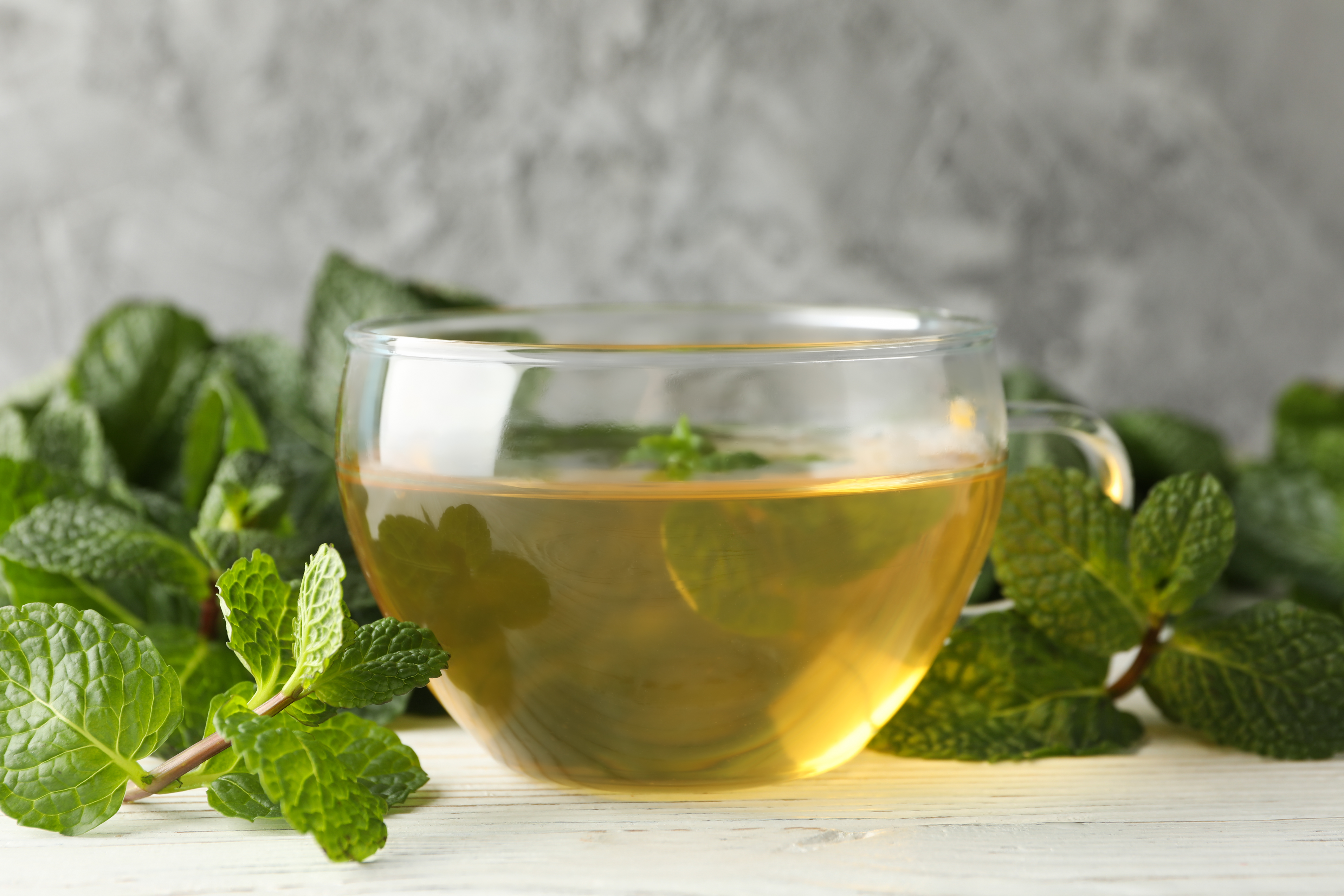
Beyond general hydration, certain herbal teas offer specific gut-soothing benefits. Peppermint tea can alleviate IBS symptoms by relaxing gut muscles, though it might worsen acid reflux for some. Chamomile is calming and anti-inflammatory, easing digestive upset. Licorice root tea can protect the gut lining and reduce inflammation. Slippery elm bark tea forms a protective, soothing layer over inflamed mucous membranes. These natural remedies can provide gentle, targeted relief and contribute to a more comfortable and balanced digestive experience.
32. Gut-Friendly Spices (e.g., Cumin, Cardamom) – Digestive Fire Starters
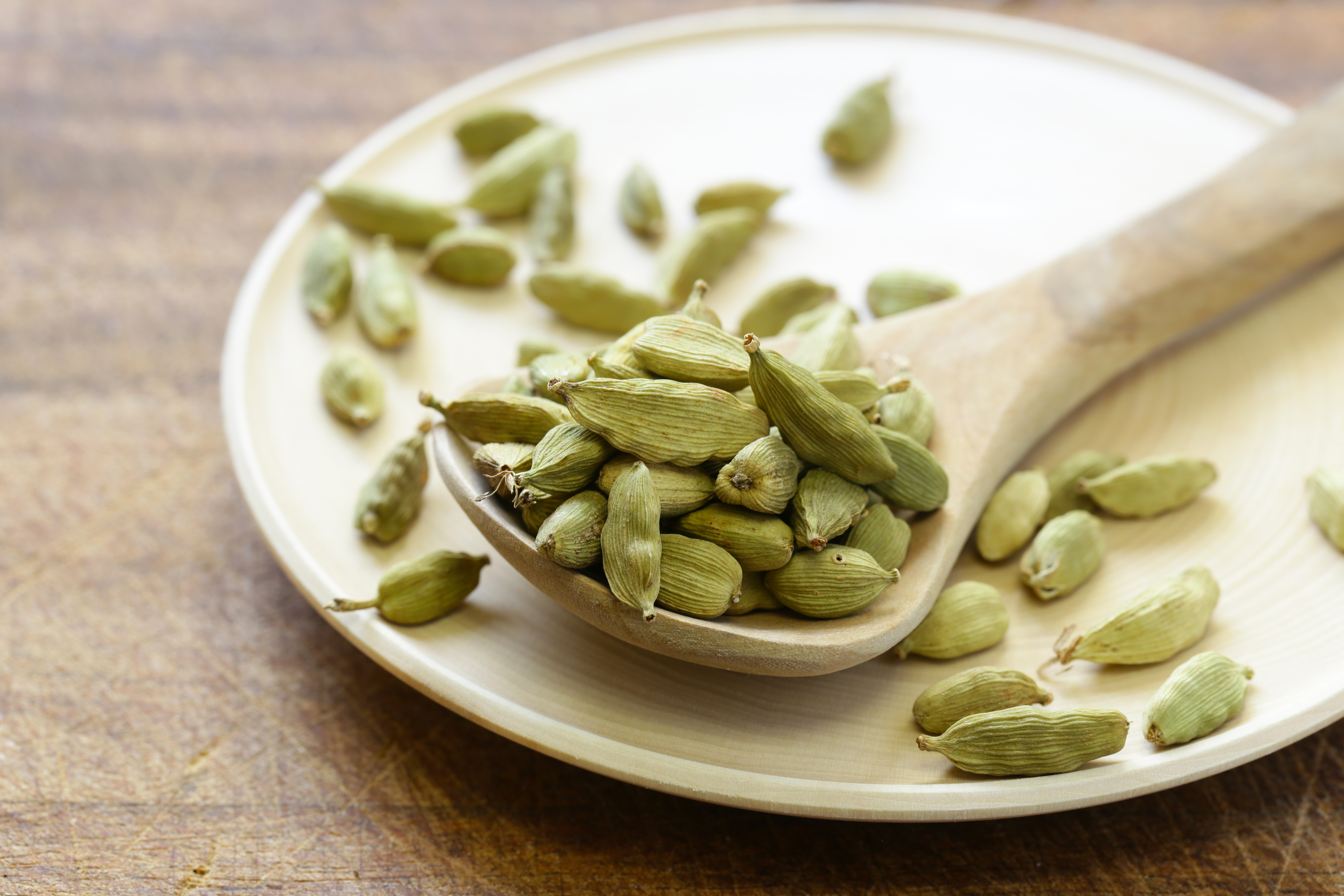
Many traditional cuisines intuitively use spices for their digestive benefits. Cumin, for example, is known to stimulate digestive enzymes and reduce gas and bloating. Cardamom can alleviate indigestion and nausea. Fennel seeds (again, beyond the whole vegetable) are potent carminatives that aid in expelling gas. These spices don't just add flavor; they actively support the digestive process, enhance nutrient absorption, and possess antimicrobial properties that can help maintain a healthy microbial balance in the gut.
33. Clean Water – The Gut's Essential Lubricant
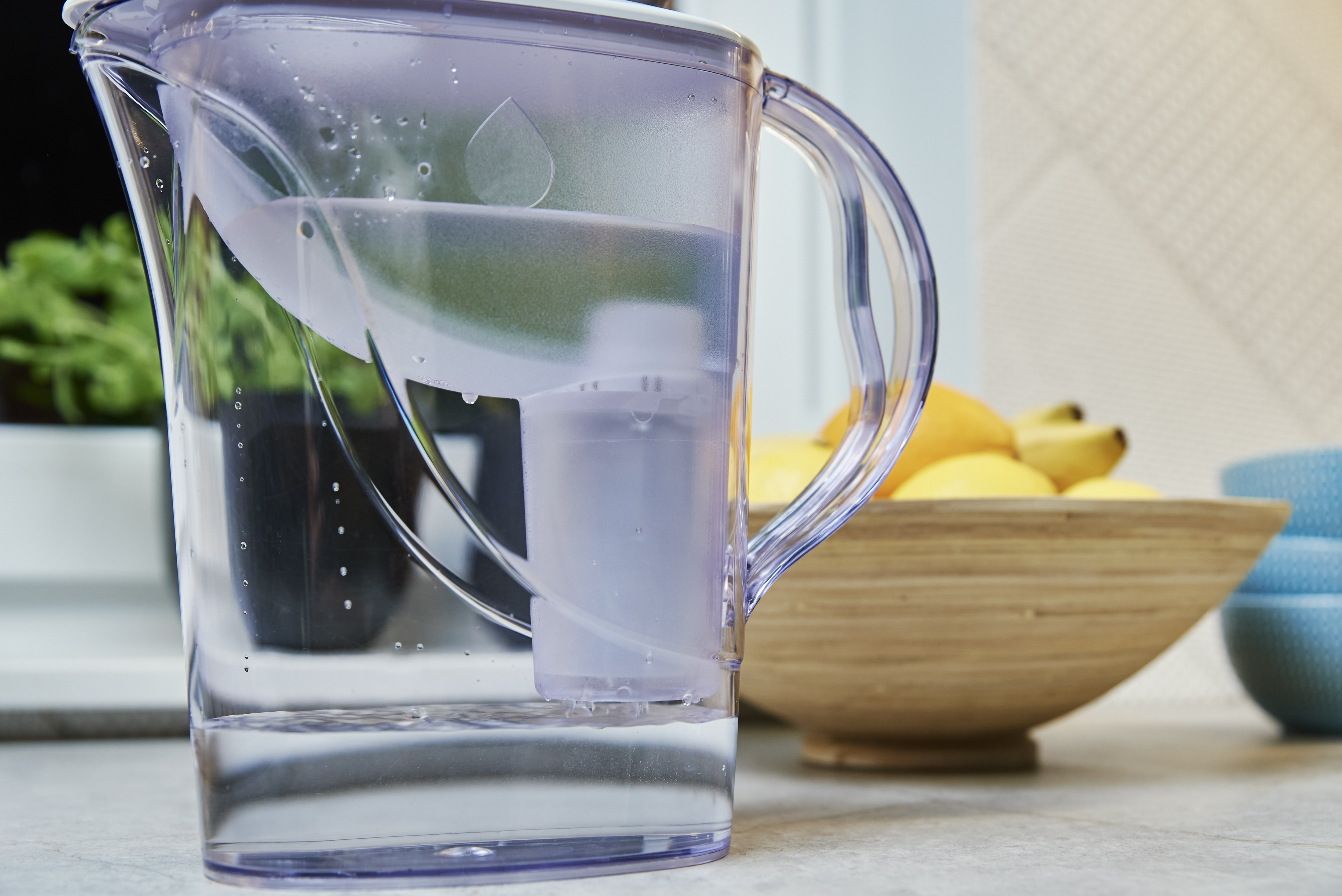
It sounds obvious, but consistent, clean hydration is fundamental to gut health and often underestimated. Water is crucial for moving food through your digestive tract, preventing constipation, and ensuring the smooth functioning of all gut processes. It also helps transport nutrients and flush out toxins. Dehydration can lead to sluggish digestion and negatively impact the gut microbiome. Prioritizing pure, filtered water throughout the day is a simple yet powerful habit for maintaining optimal gut function and a healthy internal environment.
34. Chewing Thoroughly – The First Step in Digestion

Digestion begins in your mouth, and inadequate chewing is a common culprit for gut issues. When food isn't properly broken down by chewing and saliva enzymes, it puts extra strain on your stomach and small intestine, leading to incomplete digestion and potential fermentation in the gut. Chewing thoroughly signals your digestive system to prepare for food, optimizing enzyme release and acid production. It's a free, mindful habit that dramatically improves nutrient absorption and prevents bloating and discomfort before they even start.
Striking a Balance for Optimal Gut Health
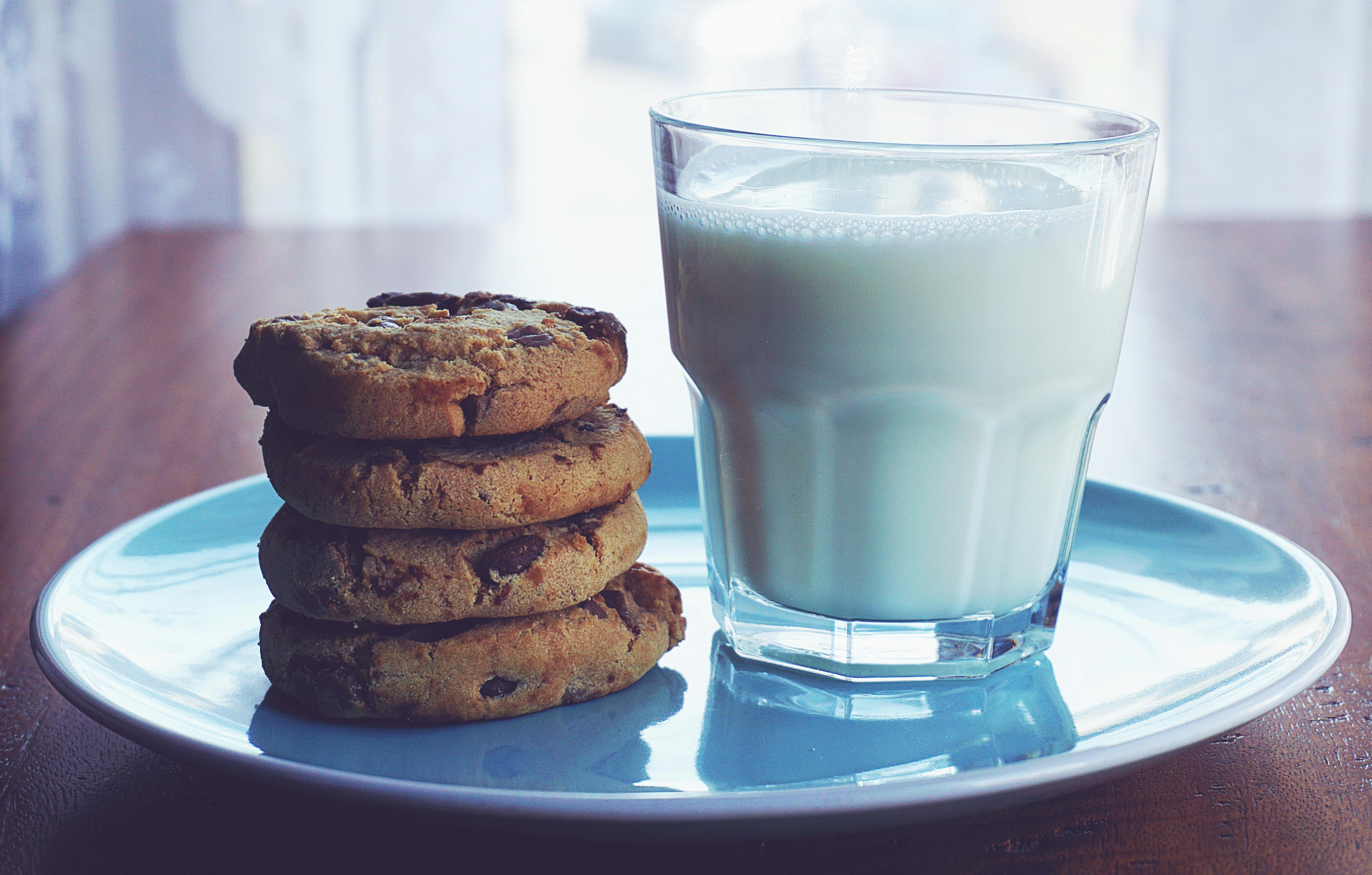
Achieving and maintaining optimal gut health requires a balanced approach that includes nourishing the gut with beneficial foods and minimizing exposure to harmful substances. By incorporating gut health heroes such as probiotics, prebiotics, fiber, and omega-3 fatty acids into your diet, you can support a healthy gut microbiome and improve overall health. At the same time, it is crucial to be mindful of gut health villains like excessive sugar, artificial sweeteners, and stress, which can disrupt the balance of the gut microbiome. By making informed dietary and lifestyle choices, you can support a thriving gut and enjoy the many benefits of a healthy gut microbiome.
